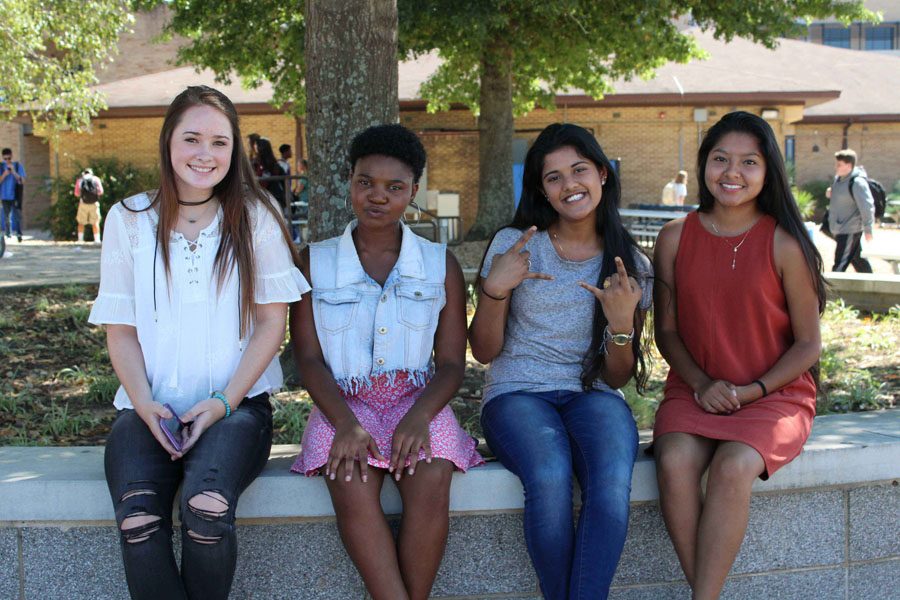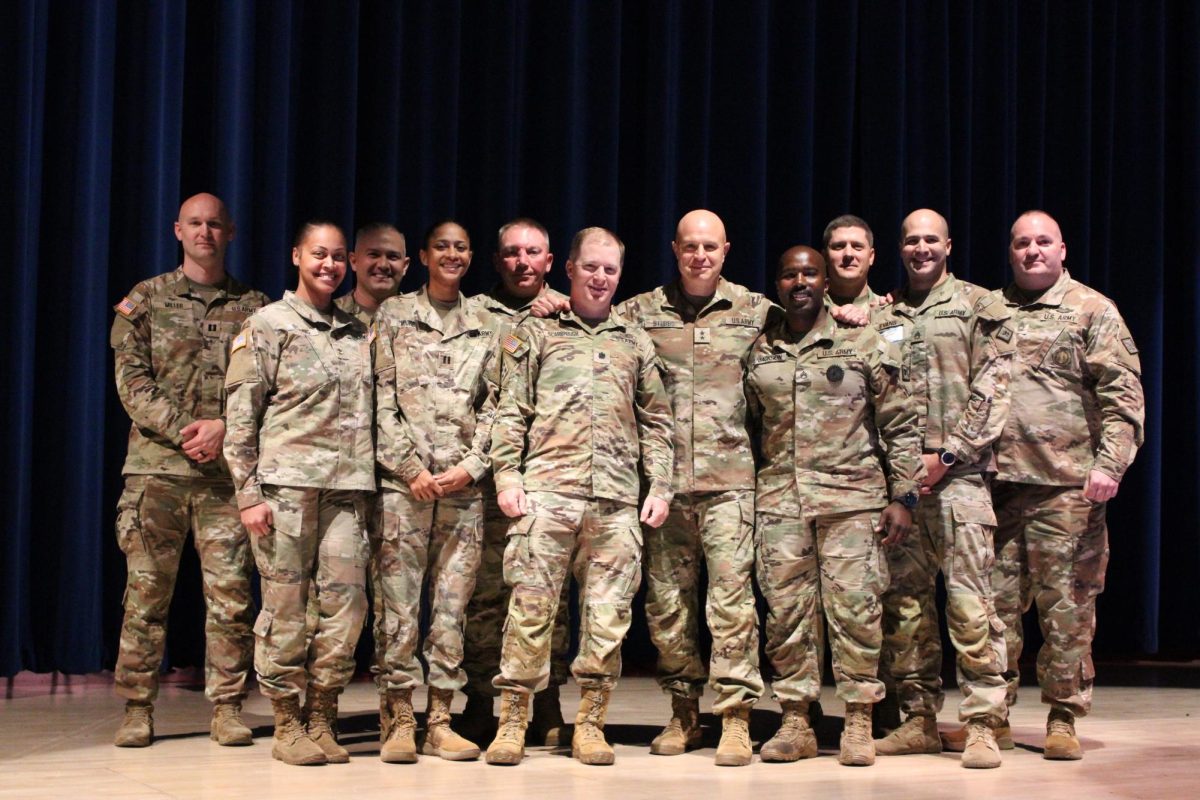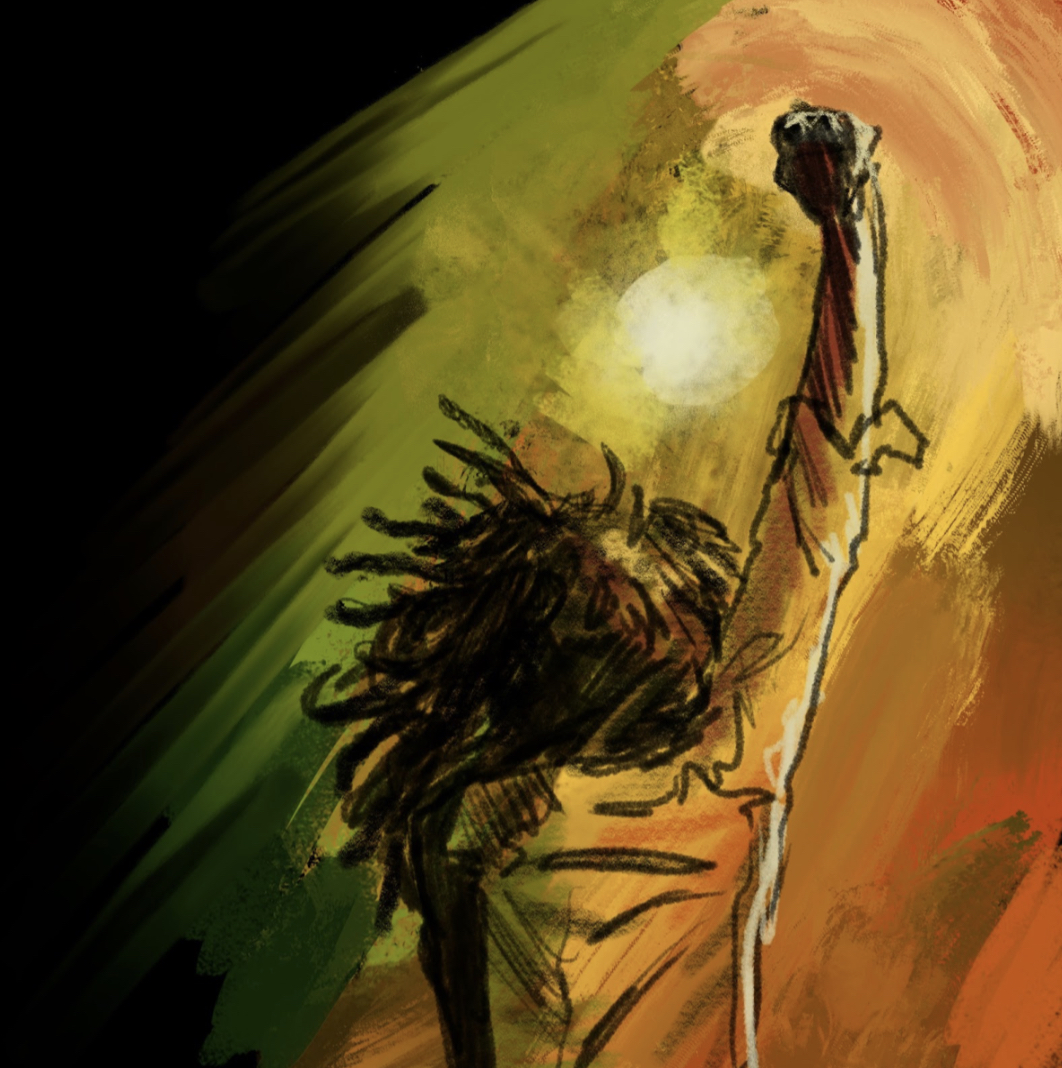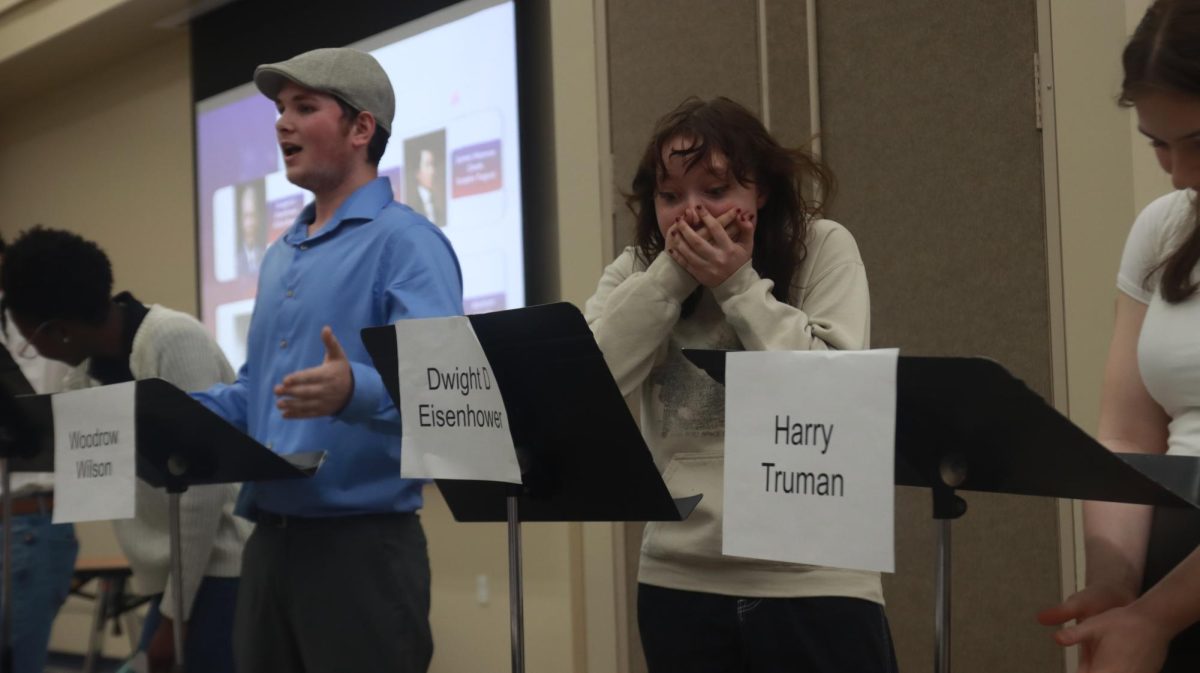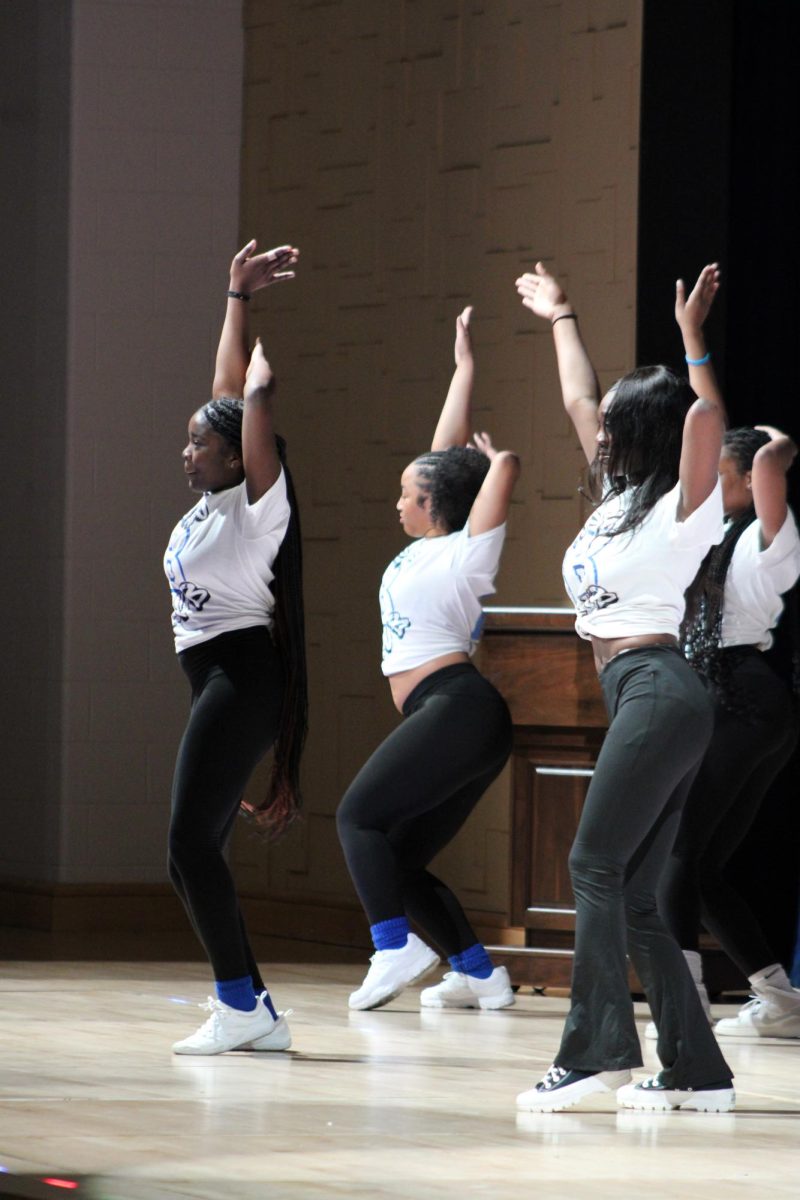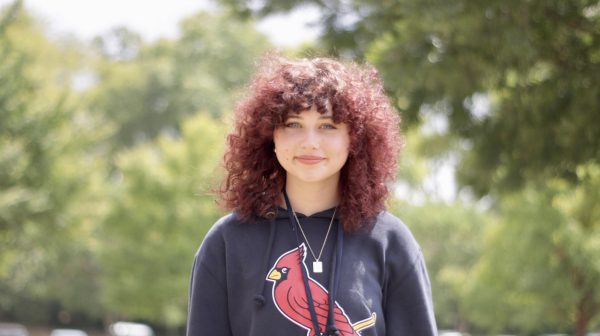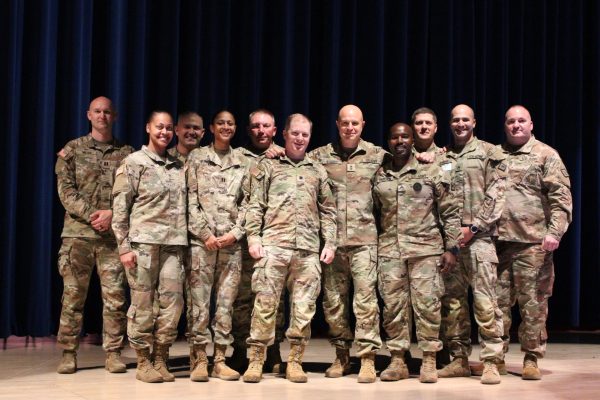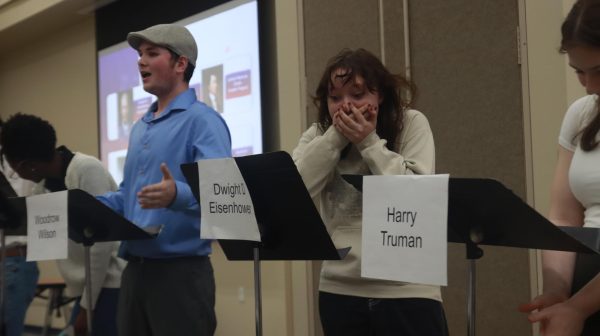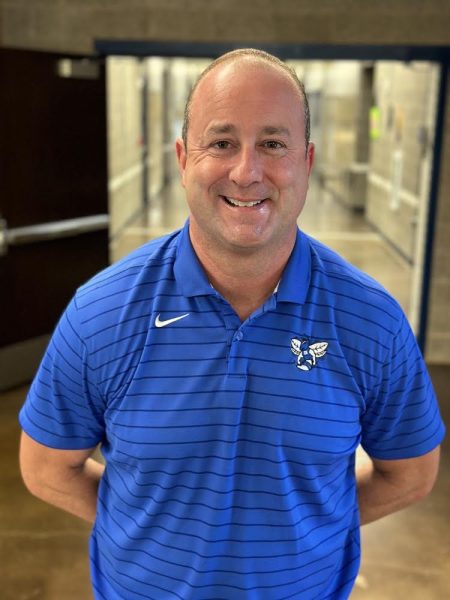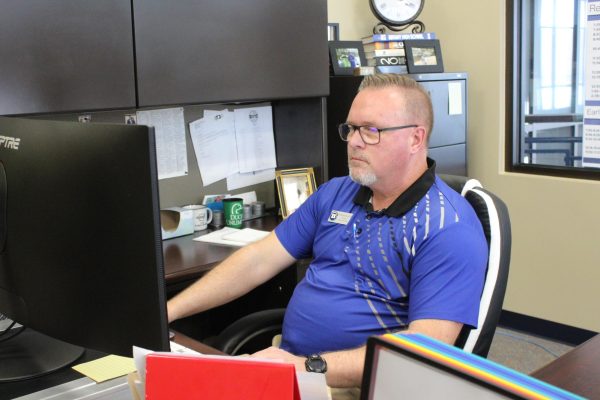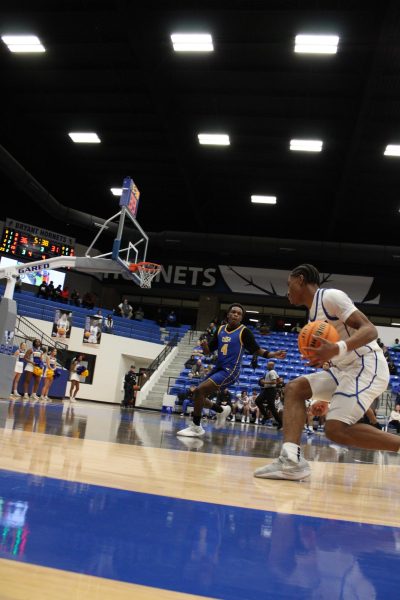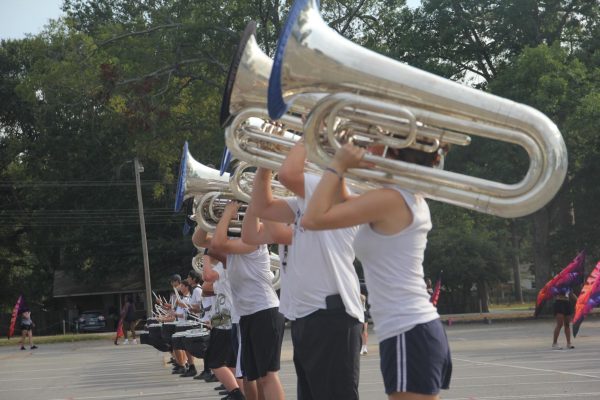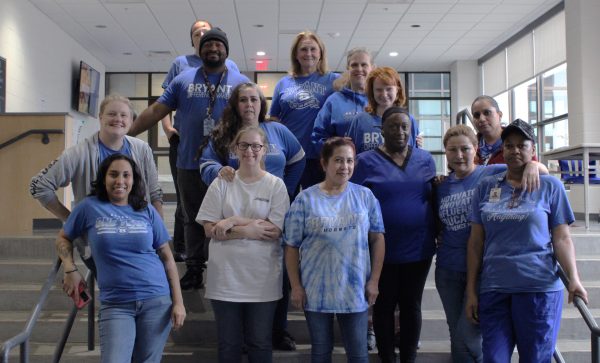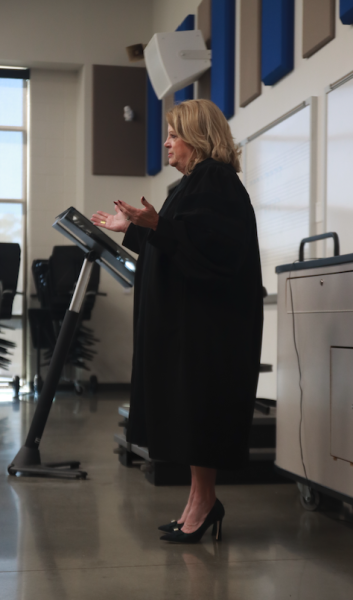Diversity Prevails in H&M Ad
October 3, 2016
H&M’s autumn 2016 ad campaign not only features the hottest fall styles, but also features some of the most diverse models for an ad this year. H&M’s latest ad breaks away from the typical lean, white-washed, Eurocentric media campaigns to display a more diverse and realistic portrayal of the fashion world by featuring women with different ethnic backgrounds, body sizes, hairstyles and distinct flair.
Naomi Mdudu, editor of the fashion blog The Lifestyle Edit, is fed up with the selective industry and is ready for change.
“When someone who has more power – socially, economically, politically – takes something from a community, then it’s a problem,” Mdudu said.
With one swift ad, H&M kicks off the fight for diversity in the media and unleashes the power of pure, unedited beauty.
One H&M spokesperson, quoted in the September 2016 issue of Daily Mail, believes that diversity is a necessity to inspire young women all over the world.
“The latest campaign celebrates diversity as well as inspirational women from various backgrounds, encouraging women around the world to embrace their personal style and take pride in who they truly are and what they stand for.”
While the importance of diversity and multicultural models has mostly been broadcasted on social media, it has mostly been pushed aside and left for dead in the fashion industry.
Designer Prabal Gurung, in a 2015 interview in NY magazine, said she believes beauty is beauty and should not have a race.
“I’ve been fortunate enough to work with stylists or casting directors where I’m able to voice my diversity, being an ethnic person myself,” she said. “I’ve never looked at beauty as black, white, Asian — beauty is beauty, for me, personally.”
Junior Litzy Zavala thinks the fashion industry’s tendency to over-edit womens’ photos promotes low self-esteem in girls.
“I don’t like how they edit girls,” Zavala said. “They take a picture, but they change how they look, so it’s not really that girl. They change the whole girl.”
Standards for the modern woman become more unreachable with each passing fashion week and Cosmo issue. The standards of media in comparison to real life standards have created an even bigger need for real role models for young women.
Actress Amber Riley, in a Lifehack.org interview, criticizes the media and film industry for its unrealistic views.
“Going to the auditions, and hearing the casting director say ‘You need to lose a little weight,’ I didn’t understand why people couldn’t accept me for who I was. …I’m not gonna conform and hurt myself and do something crazy to be a size two.”
Senior Stuti Chatterjee advocates that every woman should be able to have a role model that both represents their culture and sets a good example for future generations.
“[My role model is] Priyanka Chopra,” Chatterjee said. “She is multi-talented, educated, still very humble and down to earth. She sings, acts and she was Miss Universe in 2000.”
The Photoshop controversy, the phenomenon of over-editing photos of models to make them appear smaller or lighter complected, has sparked a renaissance in the fashion industry. Men and women both are demanding more raw, real-life depictions of models and less over-edited embodiments of actual people.
Actress Kiera Knightley, in the November 2014 issue of Interview magazine, claimed that a lot of women’s Kissues come from the industry’s love of Photoshop.
“I think women’s bodies are a battleground,” Knightley said. “And photography is partly to blame.”
Freshman Lillie Claire Daniel is a firm believer in the natural look.
“No one is the same,” Daniel said. “The cool thing about our world is that God made us different. Therefore, all types of women should be featured in the media.”
This year has been a year of body positive posts and self-love campaigns, like the H&M fall ad and The All Woman Project, all over the country.
Sophomore Laniya Randle believes if anything needs to change, it is the media’s view of women.
“We should all be held as equals and be encouraged to embrace who we are,” Randle said. “I’d like to see more and more girl equality.”


